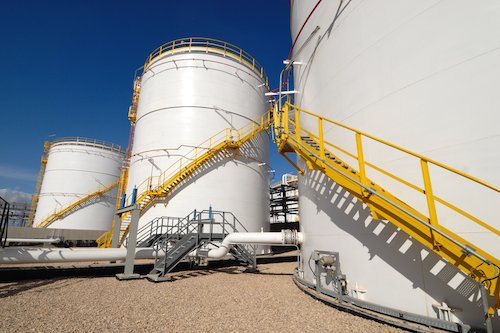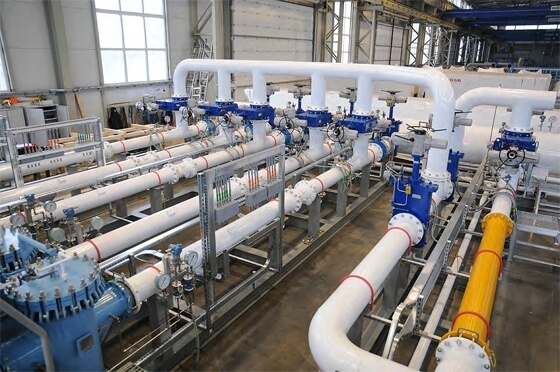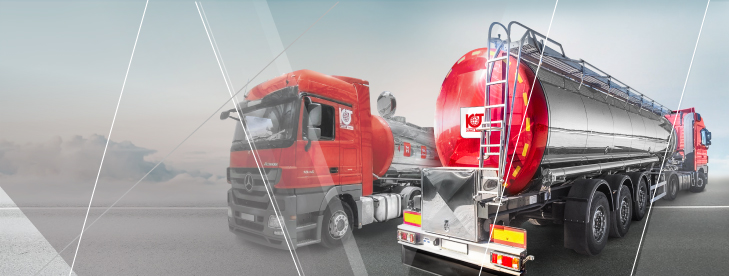

Oil and Gas Cargo officials
Day One: Crude Oil and Product Properties
Competency Description: As a professional in the oil and gas industry, you need to gain fundamental technical skills to comprehend Tank Farm Operations and Performance.
Key behaviours
Topics to be covered
Day Two: Tank Types, Construction & Requirements for Stored Products
Competency Description: Learn how different types of storage tanks are constructed as per API-650 / API-620 and inspected as per API-653.
Key behaviours
Topics to be covered
Day Three: Tank Terminal Operations
Competency Description: Learn the different methods of tank gauging and the importance of fiscal metering
Key behaviours
Topics to be covered
Day Four: Terminal Management
Competency Description: Learn the different methods for tank calibration, its importance and impact on fiscal transfers
Key behaviours
Topics to be covered
Day Five: International Regulations & Requirements for Oil & Gas Marine Terminals
Competency Description: Appreciate the importance of the recent Seveso III directive and its impact on tank farm operations
Key behaviours
Topics to be covered
CDGA attendance certificate will be issued to all attendees completing a minimum of 75% of the total course duration.
| Code | Date | Venue | Fees | Register |
|---|---|---|---|---|
| PE193-02 | 26-04-2026 | Muscat | USD 5450 | |
| PE193-03 | 27-09-2026 | Doha | USD 5450 | |
| PE193-04 | 20-12-2026 | Riyadh | USD 5450 |

This course builds on the fundamentals and intermediate courses along with 2-5 years of field experience in measurement. The course introduces additional troubleshooting and problem solving skills and ...

Liquid Bulk Cargo handling plays a critical role in the ongoing expansion of the oil industry, especially with the continuing growth of the spot/short term market and the dynamic expansion of markets ...
Providing services with a high quality that are satisfying the requirements
Appling the specifications and legalizations to ensure the quality of service.
Best utilization of resources for continually improving the business activities.
CDGA keen to selects highly technical instructors based on professional field experience
Since CDGA was established, it considered a training partner for world class oil & gas institution
3012, Block 3, 30 Euro Business Park, Little Island, Co. Cork, T45 V220, Ireland
Mon to Fri 09:00 AM to 06:00 PM
Contact Us anytime!
Request Info